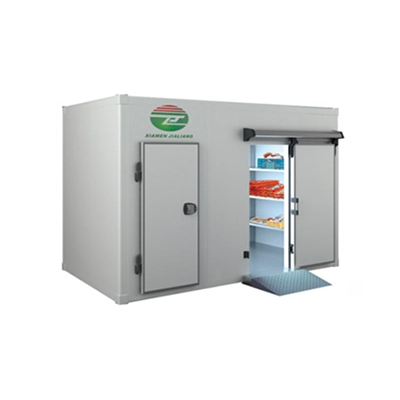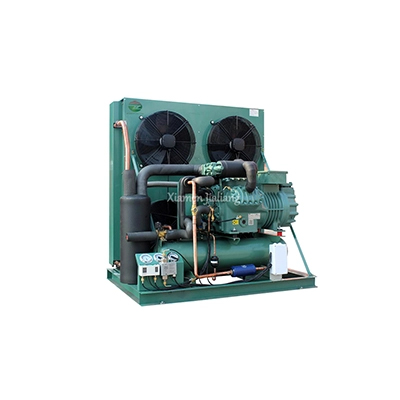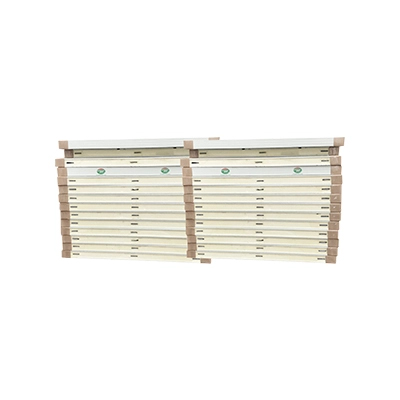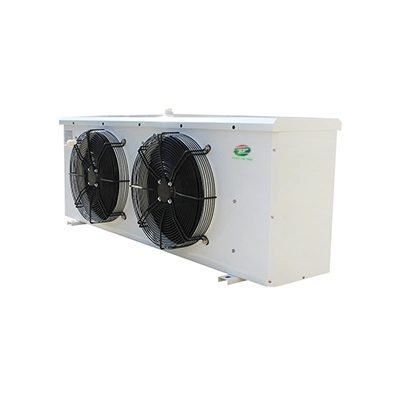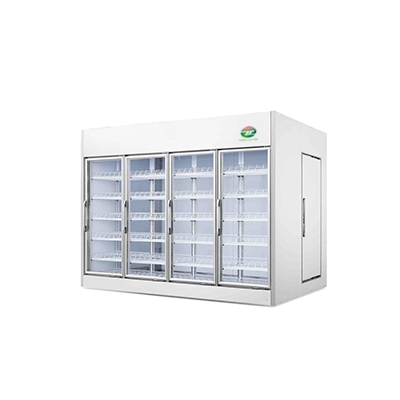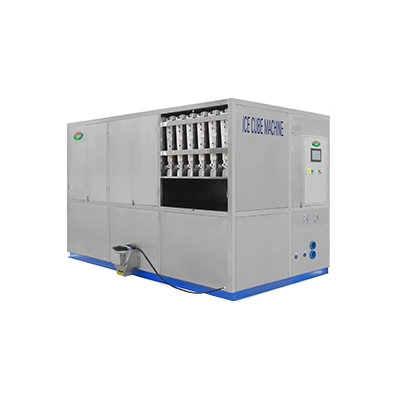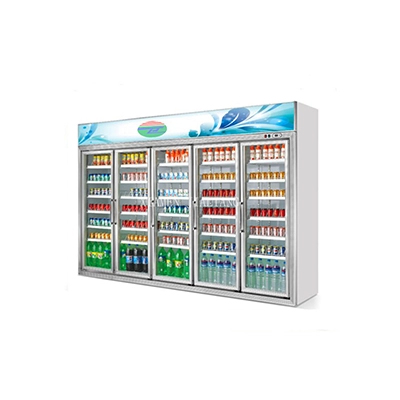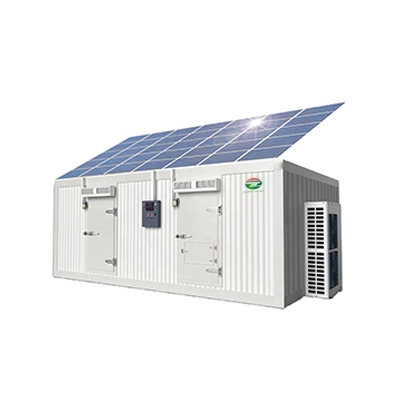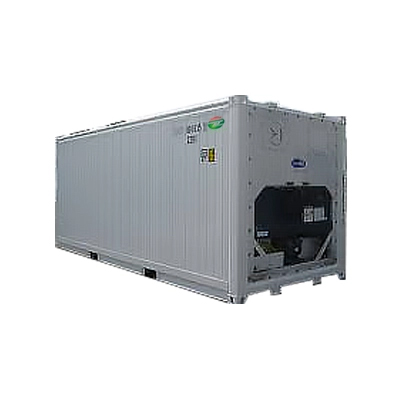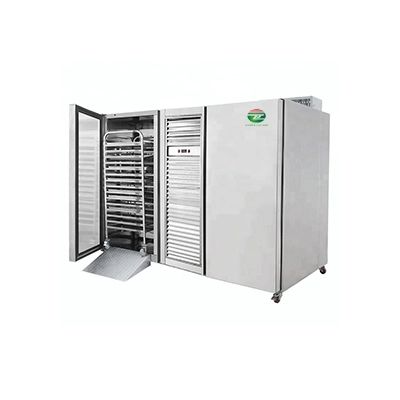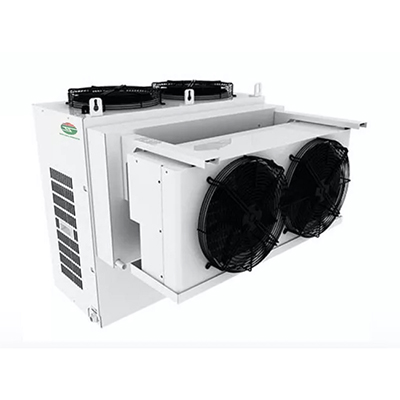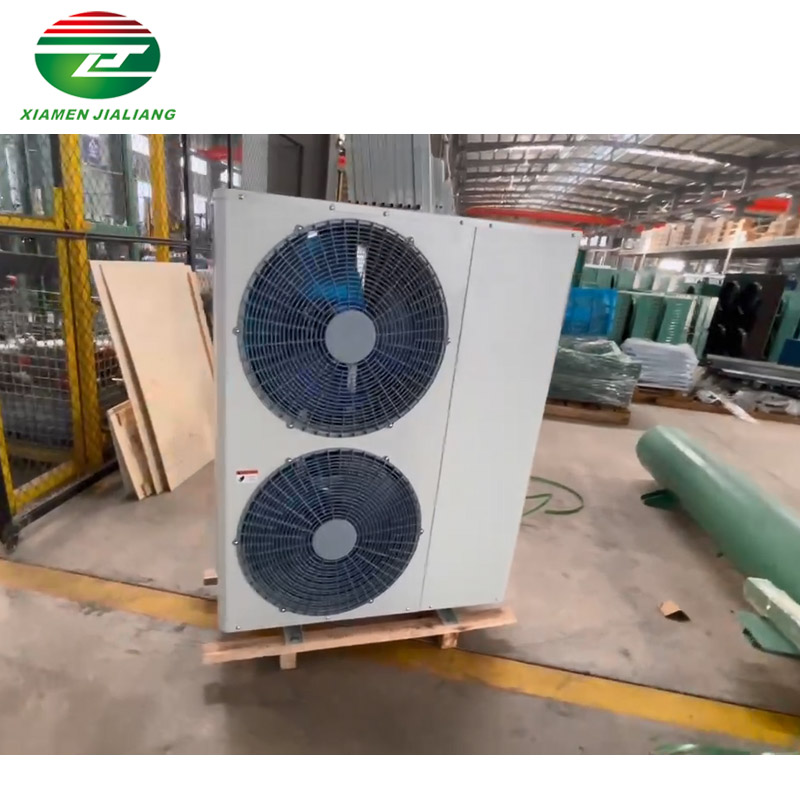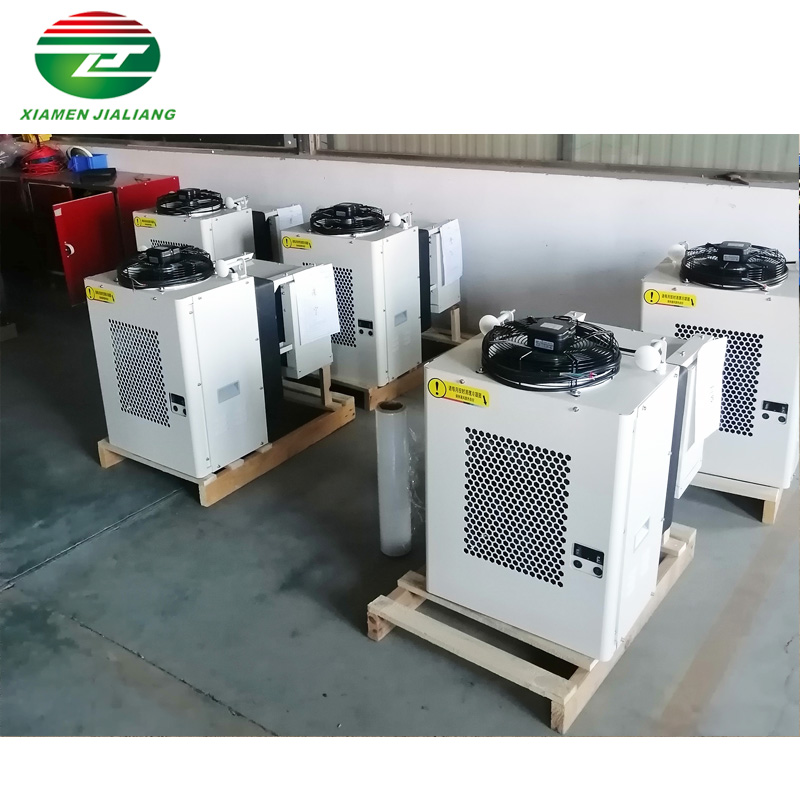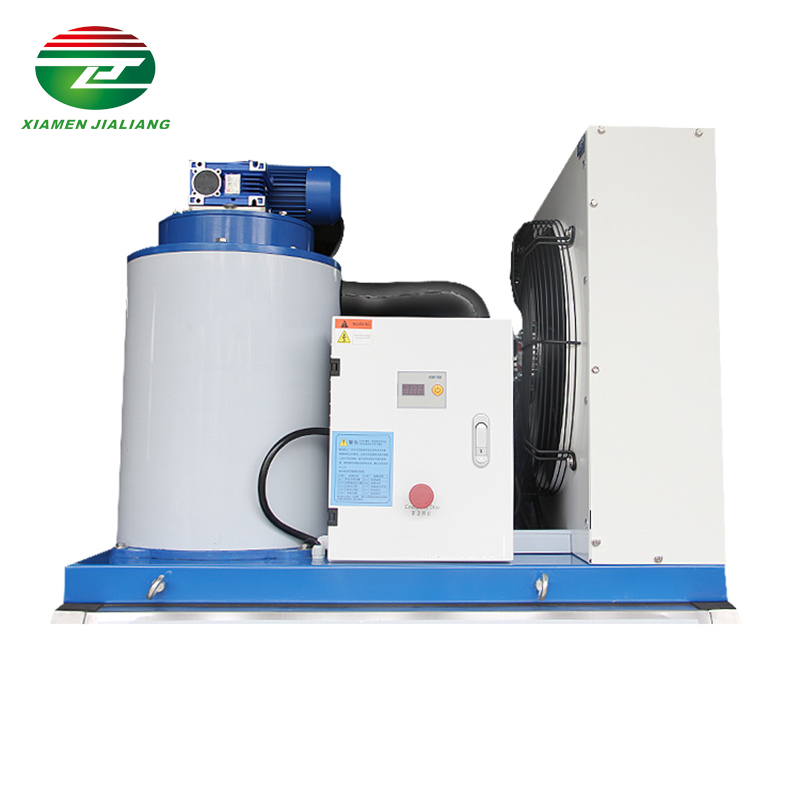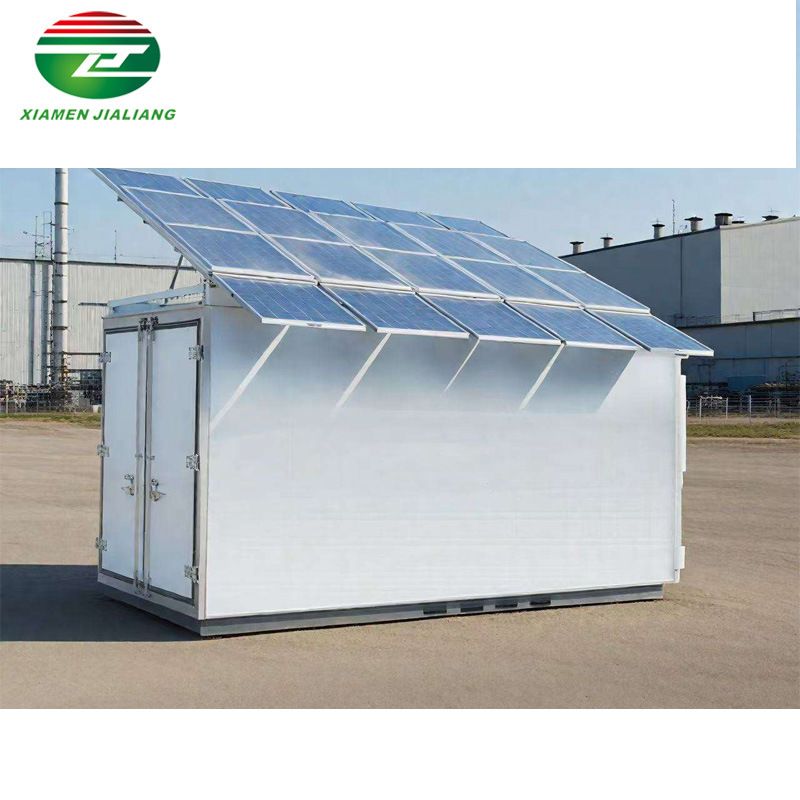Cold Rooms: More Than Just Food Storage
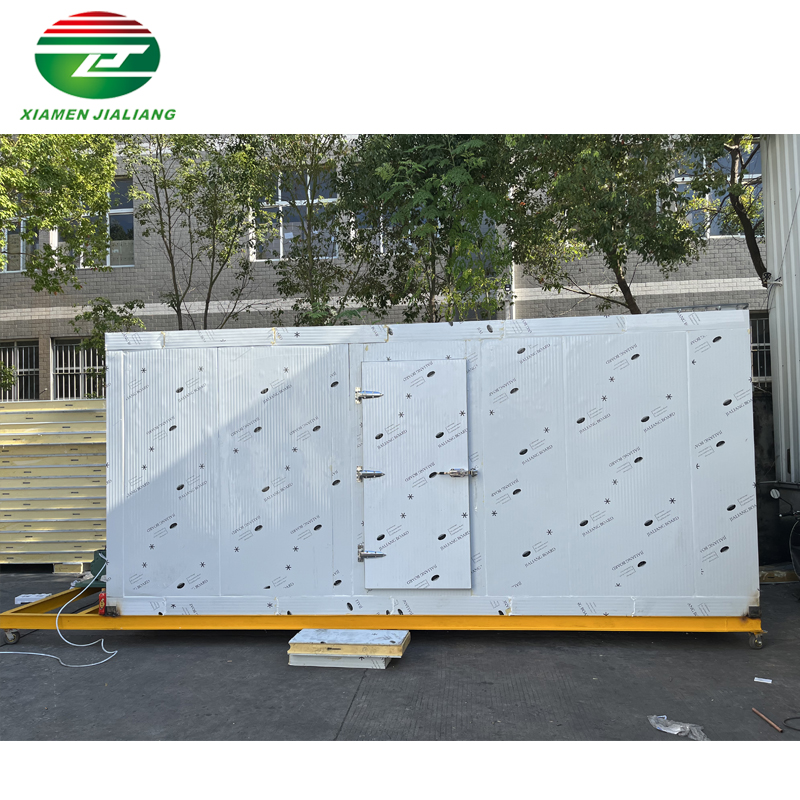
When it comes to food storage, cold rooms are more than just a simple solution. They offer a range of benefits that go beyond preserving perishable goods. In this article, we will explore the various advantages of cold rooms and how they cater to different industries. From restaurants and hotels to pharmaceutical companies and research laboratories, cold rooms play a crucial role in maintaining the freshness and quality of products. We will delve into the specific benefits that cold rooms provide, such as extended shelf life, energy efficiency, and improved inventory management. Additionally, we will take a closer look at how cold rooms are utilized in different industries, highlighting their significance in ensuring compliance with industry regulations and enhancing operational efficiency. Whether you are in the food and beverage industry or involved in healthcare, this article will provide valuable insights into the multifaceted benefits of cold rooms and how they can revolutionize your storage needs.
Benefits of Cold Rooms
Cold rooms, also known as walk-in refrigerators, have become an essential component of various industries. These specialized rooms offer numerous benefits that contribute to the efficient storage and preservation of perishable items. Whether it is a restaurant, pharmaceutical company, or a research laboratory, cold rooms play a crucial role in maintaining the quality and safety of products.
One of the primary advantages of cold rooms is their ability to control temperature. With advanced cooling systems and insulation, these rooms can maintain a consistent temperature, ensuring that the stored items remain fresh for an extended period. This is particularly important for businesses dealing with food products, as temperature fluctuations can lead to spoilage and financial losses. Cold rooms provide a reliable solution to prevent such occurrences and minimize waste.
Another benefit of cold rooms is the ample storage space they offer. These rooms are designed to accommodate large quantities of goods, allowing businesses to stock up on supplies and ingredients. This proves to be highly advantageous for industries with high demand and limited shelf life of their products. By utilizing cold rooms, businesses can ensure a steady supply of goods, reducing the risk of running out of stock and losing potential customers.
Furthermore, cold rooms provide optimal conditions for specific industries that require controlled environments. For instance, pharmaceutical companies rely on cold rooms to store temperature-sensitive medications and vaccines. The precise temperature control in these rooms ensures that the potency and effectiveness of the medicines are not compromised. Similarly, research laboratories utilize cold rooms to preserve biological samples and specimens, enabling scientists to conduct experiments and studies without any degradation.
In addition to temperature control and ample storage, cold rooms offer energy efficiency. These rooms are equipped with advanced insulation materials and energy-saving technology, which helps reduce electricity consumption. By minimizing energy usage, businesses can lower their carbon footprint and contribute to a more sustainable future. This not only benefits the environment but also helps in reducing operational costs.
Cold Rooms in Different Industries
Cold rooms play a crucial role in various industries, providing optimal storage conditions for perishable goods. These specialized refrigeration units are designed to maintain low temperatures, ensuring the preservation and quality of products.
In the food industry, cold rooms are essential for storing raw ingredients, such as meat, dairy products, and fresh produce. By keeping these items at the right temperature, cold rooms prevent the growth of bacteria and extend the shelf life of the products. This is particularly important in the case of restaurants, supermarkets, and food processing plants, where large quantities of perishable goods need to be stored.
The pharmaceutical industry also heavily relies on cold rooms to store temperature-sensitive medications and vaccines. These products require strict temperature control to maintain their efficacy and prevent spoilage. Cold rooms provide the ideal conditions, ensuring that drugs remain stable and safe for consumption. This is particularly crucial in hospitals and pharmacies, where the integrity of medications is of utmost importance.
Cold rooms are also widely used in the floral industry. Flowers, especially delicate varieties, are highly susceptible to temperature fluctuations. Cold rooms maintain a consistent temperature, preventing wilting and preserving the freshness and beauty of the blooms. Florists and flower distributors heavily rely on cold rooms to ensure that their products remain vibrant and appealing to customers.
In the beverage industry, cold rooms are essential for storing beverages at the perfect serving temperature. Breweries, wineries, and soft drink manufacturers utilize cold rooms to maintain the quality and taste of their products. By storing beverages in controlled environments, these industries can deliver refreshing and satisfying drinks to consumers.
Conclusion
Cold rooms are essential for various industries as they provide numerous benefits. They ensure product freshness, reduce waste, offer ample storage space, and are energy efficient. These specialized rooms play a vital role in maintaining the quality and safety of perishable items, making them a necessary investment for businesses. Cold rooms control temperature effectively, providing a reliable solution to preserve goods and minimize financial losses. Whether it is the food industry, pharmaceutical sector, or scientific research, the advantages of cold rooms make them invaluable. In industries such as food, pharmaceuticals, flowers, and beverages, cold rooms are integral in preserving and maintaining the quality of products. Their reliability and efficiency make them indispensable assets for businesses in these industries.

